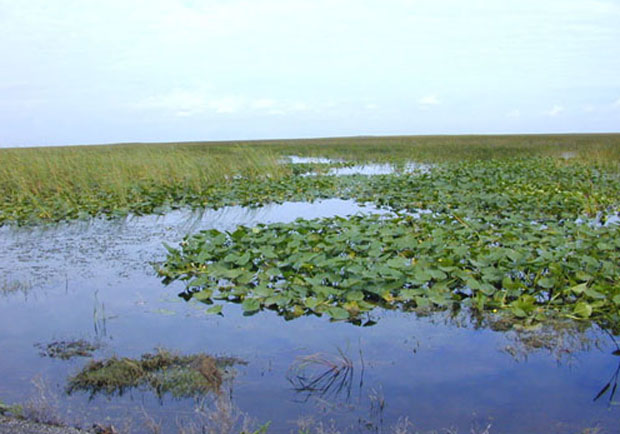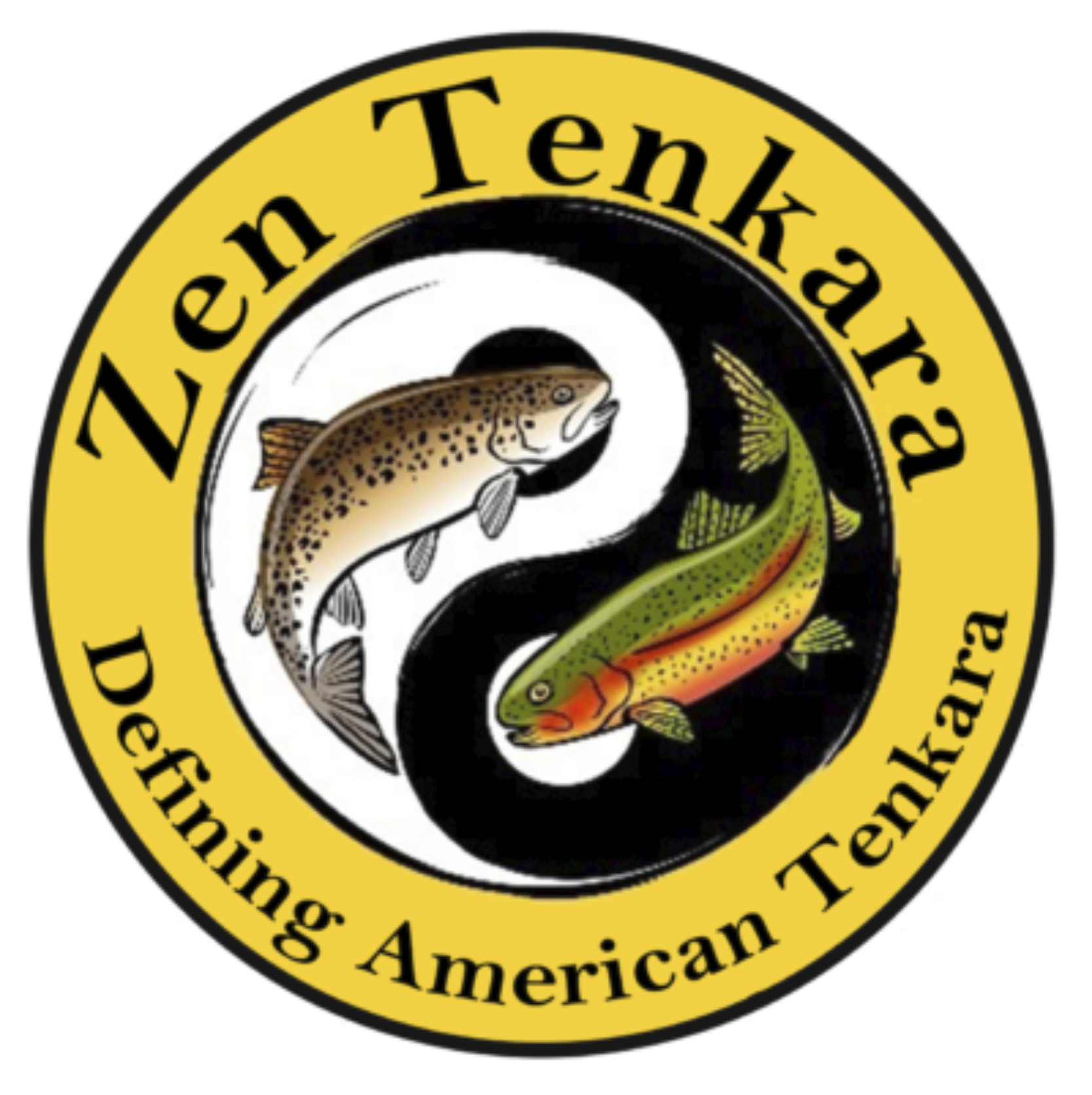Big Win for Florida’s Conservation Lands
[dropcap]T[/dropcap]he Florida Department of Environmental Protection (DEP) has ended its controversial program to sell tracts of conservation land. Instead, DEP will now focus on selling surplus state lands developed for state offices and other constructed facilities.
One example is the A.G. Holley Hospital tract in West Palm Beach, where the agency has a $15+ million offer on the table. The Governor’s budget proposes that these non-conservation land sales will help add funds to the Florida Forever Program for new conservation land purchases.
The cancellation of DEP’s Conservation Land Surplus program is a big win for Audubon Advocates
Your incredible outpouring of written and public comments convinced the Governor and DEP to drop the program. Almost every organization concerned about the “special places” of Florida went to work to organize its members to comment on surplus land proposals to DEP. Florida’s major newspapers published many editorials which opposed the surplus land program and urged the Governor and DEP to abandon it.
Many Florida political figures were outspoken in defense of Florida’s conservation lands. The list includes current Senator Jack Latvala (R-Clearwater) and former Senator Paula Dockery, as well as the Florida Conservation Coalition (FCC), led by former Department of Environmental Regulation Secretary Victoria Tschinkel and former Governor Bob Graham.
The original, computer-generated proposals list of 167 properties included significant areas of wetland, open water, and quality upland habitat. Included were sites noted for protecting species such as the Florida Scrub-Jay. As comments poured in from all over the state, properties were gradually dropped from the list. Yet, after months of public hearings, over 2,000 acres of the Hilochee Wildlife Management Area in the Green Swamp still remained.
There was a universal plea to drop the Green Swamp properties. The Florida Fish and Wildlife Commission, who manages the site, and the Polk County Commission both opposed the Area’s inclusion on the surplus list. However, removing the property would have dropped the list to only about 1,000 acres. Selling this remaining land would not even generate $5 million, let alone the $50 million in revenues projected. DEP’s decision to drop the list in its entirety was the best thing to do.
While Audubon has criticized DEP for these Surplus Conservation Land mistakes, it’s now time to say thank you. Send an email to the Governor and DEP.
In the end, the Governor’s office and DEP listened to the people and responded by doing the right thing. In today’s political atmosphere, stepping back from a mistake is a seldom seen quality and it’s very good to see it happen here.
The new surplus land list, consisting of non-conservation properties, mostly built and developed or purchased for non-conservation purposes can be seen by clicking here.







